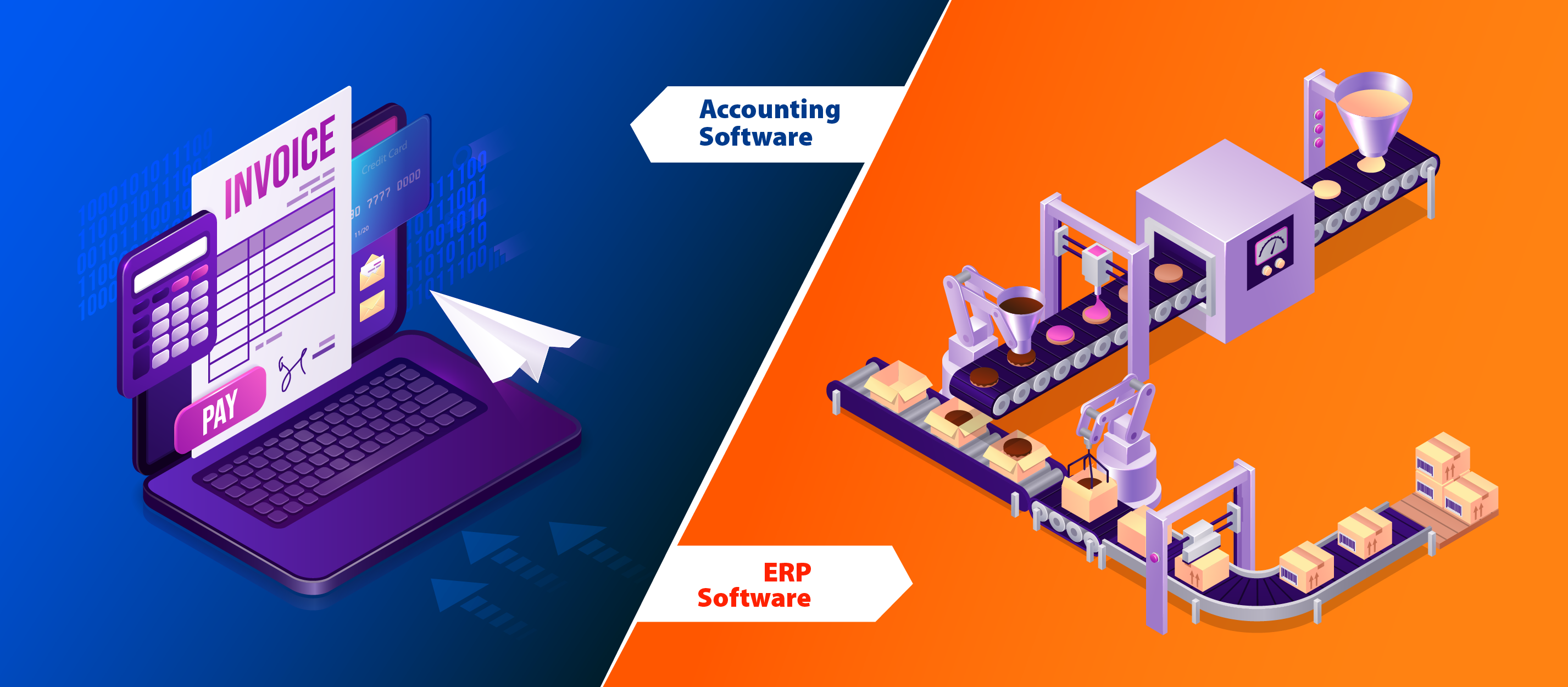
ERP implementation is a massive decision for any business big or small. It is a decision which can potentially make or break the future of the organization.
While undertaking an implementation project, there is invariably a lot at stake – multi-million dollars, precious time, manpower, and other organizational resources.
One mistake, and everything goes down the drain. That’s precisely why ERP implementation has been such a scary term.
Organizations want to get it done, but are afraid of their resources getting wasted, and the negative publicity that comes their way after a failed ERP implementation.
However, the organizations alone can’t be blamed, for there have been plenty of such instances in the past that have caught the public attention.
Remember Avon, whose $125 million ERP project failed after four years of work? The company learnt it the hard way that a software’s functionalities are of no use if they can’t make your business processes simpler and if your employees don’t find it usable.
Hewlett-Peckard’s $160 million failed ERP project taught the company that failing to plan is planning to fail.
The company did not have a contingency plan, and that is where it erred, as it wasn’t prepared to deal with the problems it encountered once the project commenced.
Then there was the infamous US Air Force ERP project, which failed to take off even after seven years and spending a billion dollars.
There are many such cases.
According to an independent research by Panorama Consulting, around 21 percent of the total ERP implementation projects fail to meet the desired results.
Another recent report claims over 29% of ERP implementations fail to achieve even half the planned business benefits.
Majority of such projects leave the organization with the huge monetary loss, incomplete products, lost customers, and court cases.
And what do they leave you with? Learnings which you don’t have to take the hard way.
This blog has plenty of it, as it takes you through the important lessons to be learnt from failed ERP implementations, so that you don’t make the same mistakes yourself.
Remember, still 79% of the implementations are still successful.
This blog is not to scare you, but provide you with things-to-do during ERP implementation so that yours is a seamless and successful one.
Lesson #1 – Make a detailed plan
If you are going for an ERP implementation, the first thing you need to have is a proper plan in place; one that has a vision for the future.
Successful companies often plan an internal review of all their processes and policies before they begin with the implementation process.
The other practices that are part of their planning process include detailed documentation, process integration, training, and testing. This way, by planning well in advance, the companies ensure they spend less money and time on the project.
Some factors to be considered while planning for an ERP implementation include establishing a budget and assessing your ability to arrange the funds for investment, selecting the people with appropriate skills and experience for project management, identification of business’ pain points as well as needs, and well-defined ERP vendor selection parameters such as industry knowledge, past record, etc., among others.
Lesson #2 – Choose the ERP that’s a perfect-fit, in every sense
Adding to the well-defined ERP vendor selection parameters, companies should have specific criteria in mind as far as the ERP software is concerned.
Based on those criteria, they must look to choose the ERP that’s the best-fit to their needs in every sense.
Some factors to be considered in this regard can be the price of the software, its scalability, ease of use, ability to customize, and its overall ability to fit to the organization’s business needs.
Lesson #3 – Involve the management
Whether the top management opts to stay out of the ERP implementation process deliberately, or it is being kept out of it by the company, either way it is a perfect recipe for disaster.
The organization must never forget that an ERP implementation project is not just any other IT project, but a full-fledged business project which requires expert guidance at every stage.
A massive change in the organizational processes follows after a new ERP comes in, and it is the duty of the management to not just be involved in it, but also to engage the other employees with the process.
With their experience, the top executives can help the organization understand where it needs help from an ERP system the most.
Lesson #4 – Respect time and other resources
As mentioned above, the successful implementation of an ERP software takes time, money, and other resources.
So it is important for the organizations to understand the scope of the project, and estimate the internal as well as external resources required for the project, correctly.
Most organizations fail to do so, and hence end up spending beyond their budget, and helplessly seeing the project take longer than the scheduled time period.
For an implementation project to be successful, it is important that the organizations understand and respect the deadline and time limits, allocate the financial resources appropriately, and manage the human resources optimally so that the best and most-suited employees get to work on the project and even get the requisite training.
Lesson #5 – Have patience
Haste makes waste, we all know. But organizations tend to forget it more often than not, especially when it comes to ERP implementation.
Businesses that operate from multiple locations, often make this mistake of trying to take the new system live across all sites simultaneously.
This is too much for an organization to handle, and to make it possible, they overburden their staff and IT employees, thus increasing the chances of failure.
Organizations must have patience, and understand that ERP implementation is certainly not a quick task. Rushing through it can lead to a horrifying experience. So, bite only what you can chew.
Lesson #6 – Justify customizations
Organizations must understand that customizing their ERP system doesn’t come without risk.
Every time they opt for a customization, it increases the time, cost, and complexity involved in the project, which in turn adds risk to it.
But despite this risk, organizations find it very difficult to turn down customizations, which usually start out small but grow to become the technical challenges that can potentially disrupt the implementation project.
So, what should the organizations do? Go for customizations when they become inevitable, but make sure even the smallest of those are justified and managed tightly.
Lesson #7 – Make employees a part of the implementation process
It is your employees from different departments such as finance, sales, production, procurement, and customer relationships among others, who are going to use the ERP system once it goes live.
If they never get to use it before that, there’s disaster written all over the project.
Organizations must hence ensure employee involvement during the implementation process, and invest in employee training, as it has multiple benefits.
Not only does it prepare the employees to use the ERP system, but also quashes any possibility of resistance to the new system.
Lesson #8 – Ensure proper testing
Testing every aspect of the ERP software before it goes live gives the organizations a clear picture of how it is going to work.
Not only does it assure the management that it meets the business needs and produces the desired output, but also helps the employees get acquainted with it before they finally start using it.
In the absence of proper testing, the risk of ERP system missing the important functions or not be well accepted by end users goes up several notches.
No wonder the companies that have foregone testing the system before the go-live date have invariably failed.
#Conclusion
No business wants its ERP implementation project to go haywire, and be remembered as an implementation horror story.
Who wants to lose hundreds of thousands of dollars, time, customers as well as reputation, after all?
Although it appears to be a complicated process, a combination of solid planning, employee & management participation, proper estimation of resources, justified customizations, testing, and a little bit of patience will help you sail through.
If you’re considering implementing ERP software for your business and want to avoid these common drawbacks, we at BatchMaster can offer good help. Get connected by writing to us at sales@batchmaster.com




















